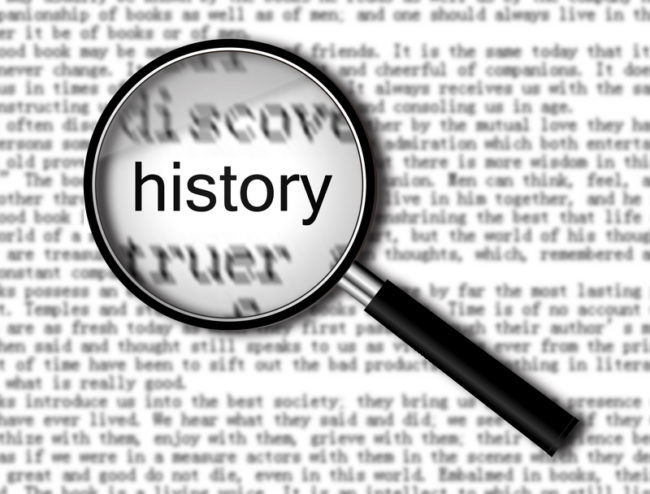
Rewriting history is a key dictatorial control mechanism used in George Orwell’s dystopian novel, 1984. In the novel three dictatorships vie to rule the world, and they are constantly shifting between war and peace with each other. Every time there is a shift in who is the enemy and who is not, history is rewritten to indicate that the new enemy was always the enemy. All records and mention of the old enemy as an enemy are expunged, as if that past had never existed. This was a device used to regulate people’s memories and perceptions, to quickly align them with the new reality. If Orwell was alive he would see the current desire to rewrite history as a sign of democratic demise.
What is involved in current historical rewriting? Nothing so blatant as the Orwellian scenario where actual events were expunged and replace by events that never occurred. At least not yet. Current historical rewriting is more subtle. It consists of negating the interpretation of historical events and the perceptions of historical figures. These changes are justified by using modern attitudes and values to judge the actions of past decision makers.
One might say so what? The past is gone never to return, so why be concerned about the various interpretations of the past? After all, isn’t history just someone’s viewpoint? Well no, not always. Historical accounts vary in accuracy. More accurate accounts of the past are based on factual evidence gathered at the time, including evidence about the environmental circumstances surrounding key historical decision makers. History can only be accurately understood by viewing past events through the lens of the circumstances and values of the people making decisions in those times. Using modern values to frame the decisions of historical figures distorts any useful understanding of the past.
This effort to rewrite American history according to modern values impugns past improvements, as if those improvements had never been made. In fact, certain events in the past were the positive building blocks for future positive events; without them the future events would not have occurred. If agreements banning slavery from the northern states had not occurred as part of the negotiations leading to the Constitution, the Civil War would have never happened. If the Civil War had not happened and led to the abolition of slavery, the Civil Rights movement 100 years later would have never happened, and if the Civil Rights movement had not happened we would not be having the discussions about race we are having today. This is not to say that all events in the American past were positive and led to future positive events; far from it. Nonetheless, overall are things better in the United States now than they were in the past? Yes.
Using modern values to judge the past tarnishes the reputation of historical figures, such as the Founding Fathers and Abraham Lincoln. Tearing at the reputations of those who founded and expanded our democracy is not helping us become a better democracy. Yes, they were all flawed human beings, but they did the best they could within the environmental and cultural constraints of their times. Belittling them takes away from two unifying American perceptions: the United States, as a work in progress, has over the last 238 years become a better democracy, and therefore the United States remains a beacon for global democratic resurgence.
The current debate involving history leads to a fundamental question: What is the purpose of teaching history? Citizens of a country should know about their country’s past, as an obligation of good citizenship. A deeper reason for understanding the past is this: the past has a huge influence on both the present and the future. If we do not accurately understand the past we won’t understand how the present happened and our ability to shape the future is jeopardized. Furthermore, if the goal is to continue to improve life on this planet, an accurate understanding of the past will help us attain that goal. As far as Americans are concerned, an accurate understanding of our past tells us what democratic improvements have been made, and what improvements need to be made in the future.
Photo 45473378 © Kianlin | Dreamstime.com
















